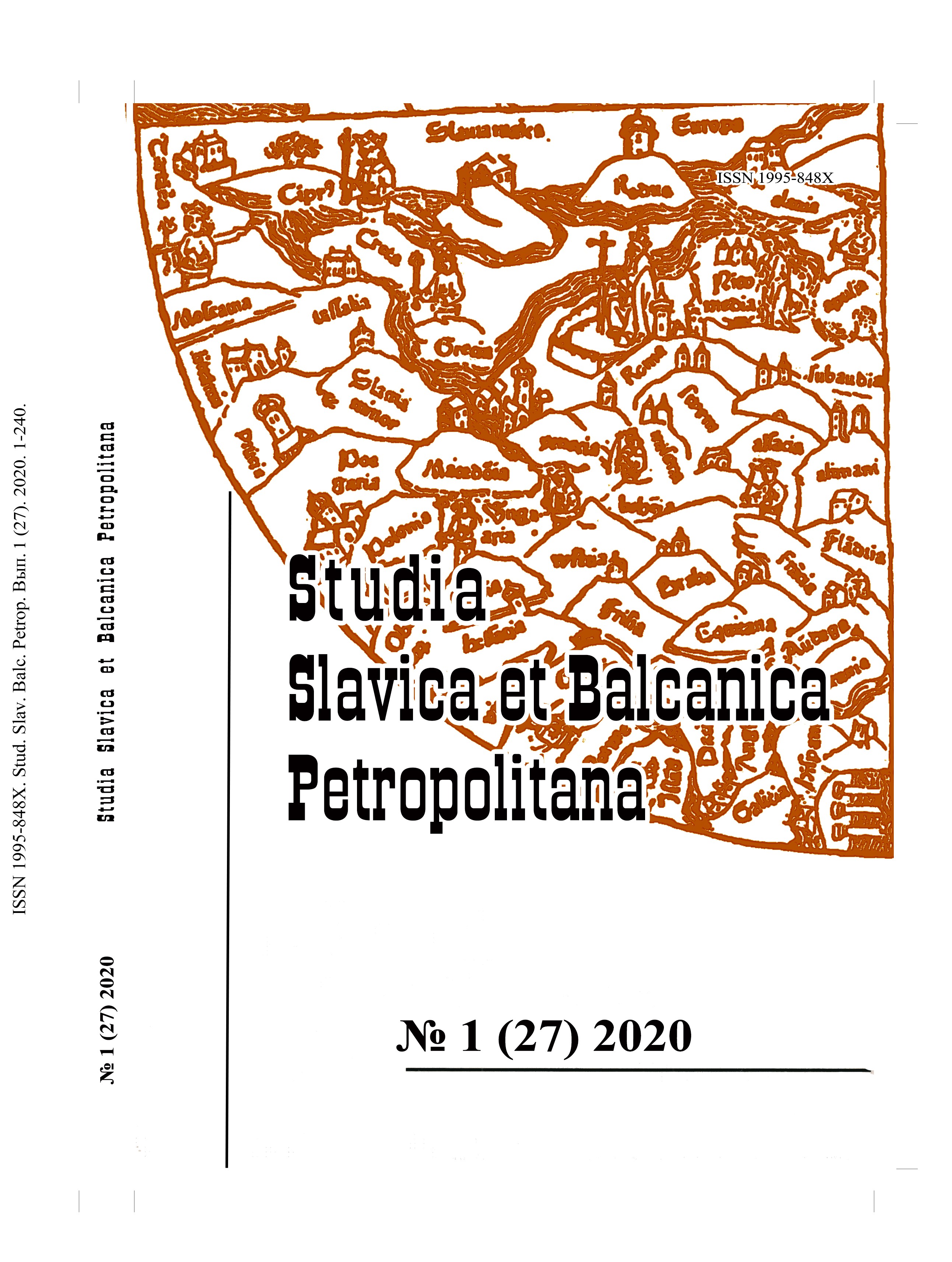Такие разные латыши: Изменчивость значения этнонима в русских документах XVI–XVII веков
Such different Latysh: The variability of the meaning of the ethnonym in Russian documents of the 16th–17th centuries
Author(s): Dmitriy Vladimirovich VerkhovtsevSubject(s): History, Geography, Regional studies, Ethnohistory, Local History / Microhistory
Published by: Издательство Исторического факультета СПбГУ
Keywords: ethnonyms; Latvians; Livonian War; Karelia; Ingermanland; ethnic categorization; Ingermanland Finns; Estonians; ethnic categories; ethnicity
Summary/Abstract: Russian documents of the 16th–18th centuries contain a large number of references to Latysh. They are not always associated with the area of the Baltic speaking population, more recently known under this name. Until now, these cases have been considered by historians only locally, on the materials of a particular source. So the phenomena as a whole wasn’t explained, and the full history of «other» Latysh remained undescribed. The author traces the history of the onym Latysh, that covers various regions of Eastern Europe in the historical period from the beginning of the Livonian War to the end of the 17th century. The study is based on the documents of the Livonian War, scribal books, correspondence relating to the Swedish-Russian borderland that emerged after the Stolbov Peace. The outbreak of the Livonian War and the encounter of Moscow campaigners with the non-Orthodox foreign-speaking population of the Livonian Order caused a significant number of references to Latysh in Russian-language sources. In the early sources there is a broad meaning of the term, extended to all non-orthodox peasants, regardless of their language affiliation. But there is also a narrow meaning (in the texts of international treaties), which refers only to the Balticspeaking peasants of Livonia. Later, the term is widespread to various regions of the Moscow State through the withdrawal of captives from Livonia, who retained the external name «Latysh», as well as through the dissemination throughout the Moscow state territory of campaigners, who had service experience in Livonia. Campaigners continued to call people belonging to the western branch of Christianity (for example, the peasants of Finland and Ingermanland) «Latysh». This situation led to the appearance of a super-wide meaning of the term «Latysh», that meant foreigners in general, and this meaning was preserved at a later time in some regional dialects. Thus, the term had several narrow and broad meanings that were applied in various regional and all-Russian contexts and in most cases was not an ethnonym in the literal sense.
Journal: Петербургские славянские и балканские исследования
- Issue Year: 2020
- Issue No: 1 (27)
- Page Range: 161-178
- Page Count: 18
- Language: Russian

